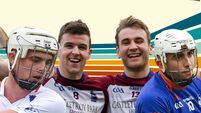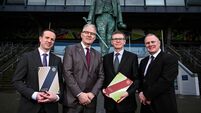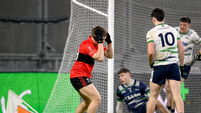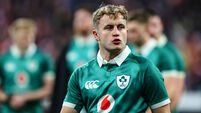Christy O'Connor: Underdog Rebels almost wrote their comic book ending
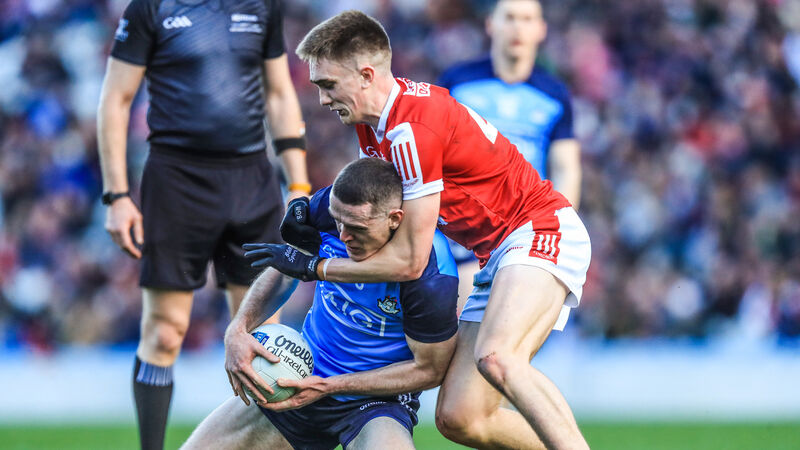
Dublin's Brian Fenton tangles with Tommy Walsh of Cork. Picture: INPHO/Evan Treacy
The endgame was like the last few images of a comic book strip, without having to wait until the next edition to see if the ending actually worked out the way the underdog, and everyone rooting for them, wanted the story to conclude.





